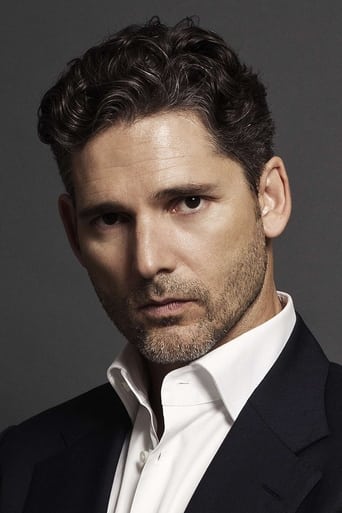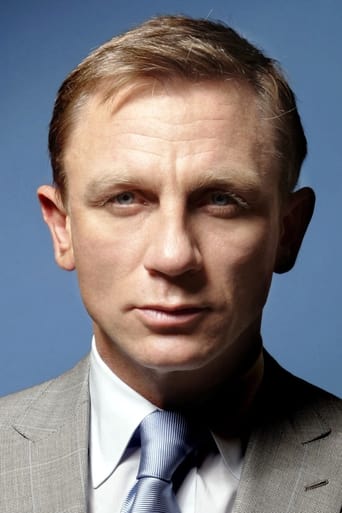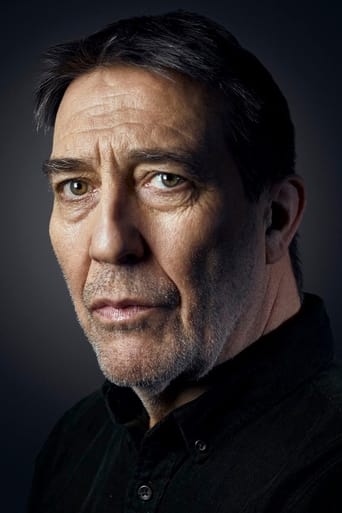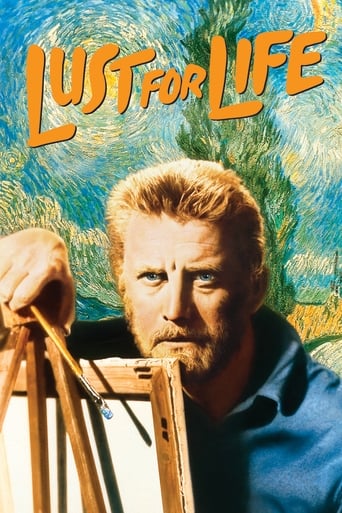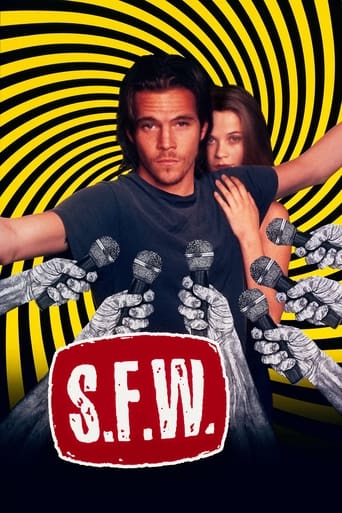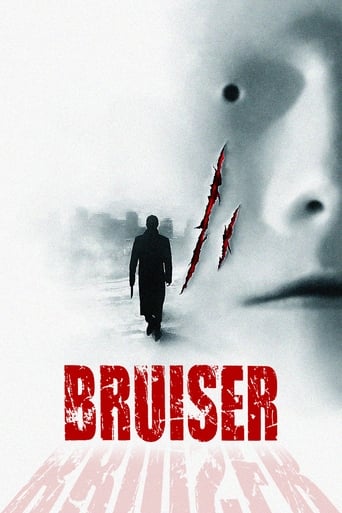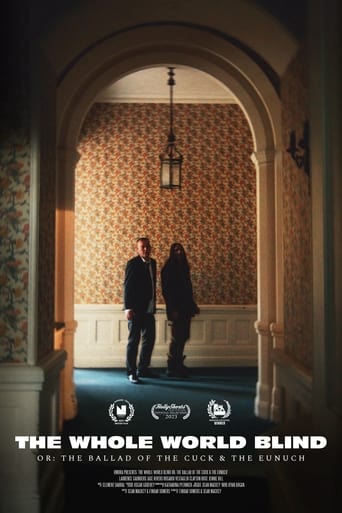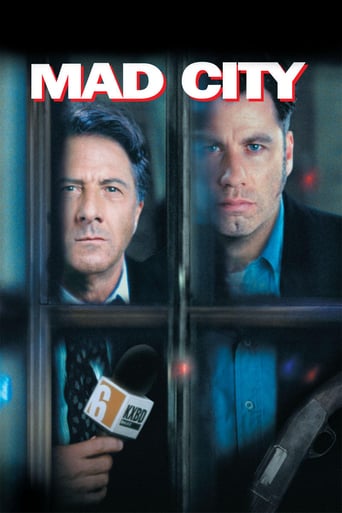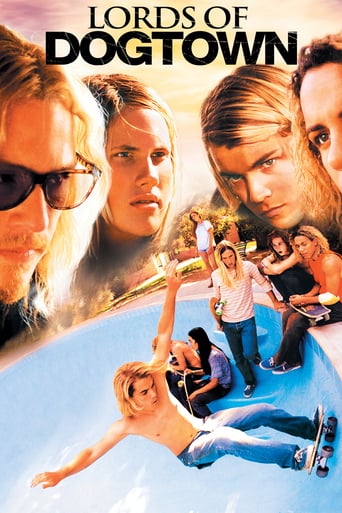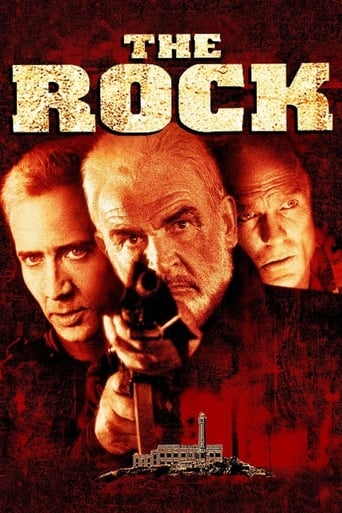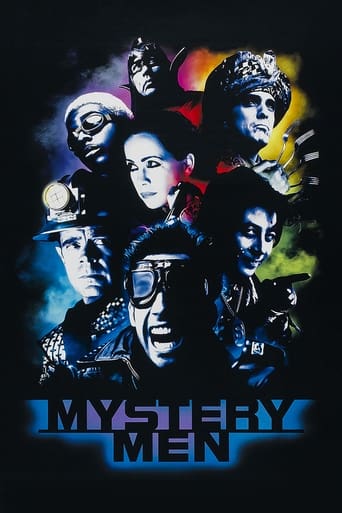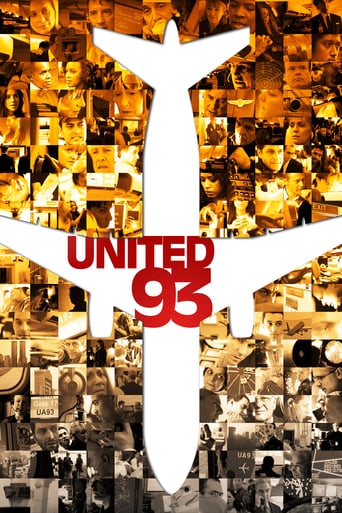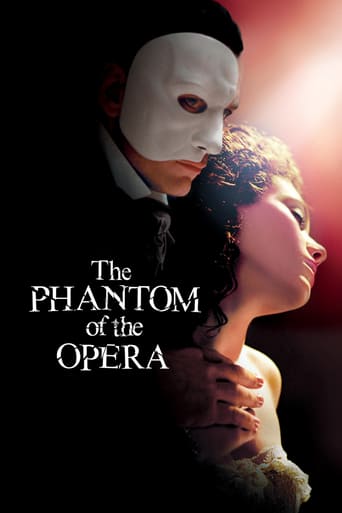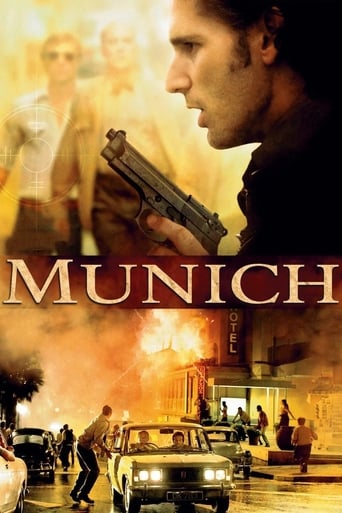
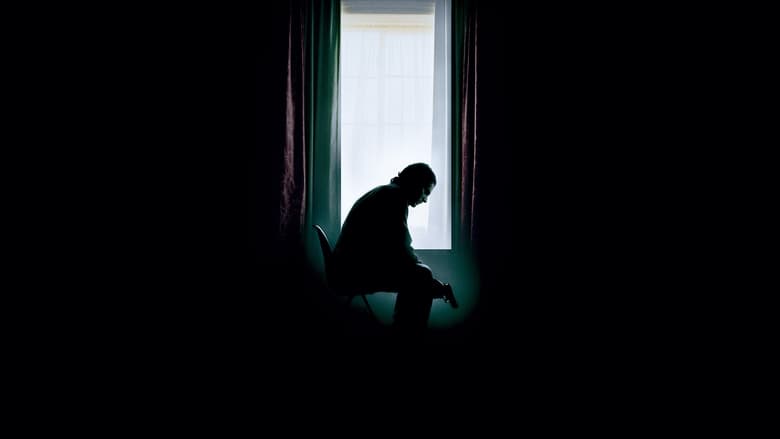
 Watch Now
Watch Now






Munich (2005)
 Watch Now
Watch Now






During the 1972 Olympic Games in Munich, eleven Israeli athletes are taken hostage and murdered by a Palestinian terrorist group known as Black September. In retaliation, the Israeli government recruits a group of Mossad agents to track down and execute those responsible for the attack.
Watch Trailer
Cast


Similar titles
Reviews
If you don't like this, we can't be friends.
It's fun, it's light, [but] it has a hard time when its tries to get heavy.
Blistering performances.
By the time the dramatic fireworks start popping off, each one feels earned.
MunichAnother one of Speilberg's factual feature where the audience feels like encountering series of news and information delivered to them for more than 160 minutes with few high pitched dramatic and action sequences installed to hold the audience in this overlong journey. Steven Speilberg delivers without a doubt some good drama and dinner table conversations that speaks a lot about the character's bonding than the journey itself does. Eric Bana is convincingly good (especially the first time when he talks to his daughter on phone) and is supported with a great cast like Daniel Craig and Ciaran Hinds. Munich is an essential one but certainly isn't an entertaining one for the timeline and the subjective part of it overpowers the drama and the characters involved in it.
Towards the end of Reagan's second term, he agreed to visit and lay flowers at an SS cemetery in Germany. Most people thought this was morally wrong but he did it anyway. Now Reagan was a good man and a great POTUS, but he went to hell because of this abomination.Spielberg will join Reagan in hell for MUNICH. For a famous Jew to make a movie in which he strikes a moral equivalence between people who murdered Olympians in cold blood because they were Jewish and the people who sought to bring these murderers to justice is also an abomination. So why did Spielberg do it? Because he is much more liberal than Jewish. The movie itself is OK. 3 stars for the cinematography and acting, but the movie reeks of cowardice and duplicity. At least the Academy didnt reward this abomination with major awards.
Munich, whilst not a slavishly accurate historical depiction of the events after the massacre of Israeli athletes in West Germany in 1972 is an excellent movie showing the impact that these sort of operations have on the people involved in them.Eric Bana's role as team leader Avner Kaufman is superb, bringing a real humanity to this Mossad agent. The trials and tribulations he and his team go through during the years away from Israel are many and aren't just 'brushed off' like some action movie heroes might.The other cast members are equally adept at giving a real face to their roles. Daniel Craig plays Steve, the hot-headed South African, Ciarán Hinds as Carl, the worldly, at times melancholy old soldier, Hanns Zischler as Hans, the pragmatic German 'cleaner' and Mathieu Kassovitz as Robert, the Belgian toymaker turned bomb maker.Geoffrey Rush as Ephraim, the team's Mossad 'handler' gives a excellent supporting performance as does Gila Almagor as Avner's Mother and Ayelet Zurer as Daphna Kaufman, Avner's gorgeous, supportive wife. Other important roles are played by Mathieu Amalric as Louis and Michael Lonsdale as Papa, the Frenchmen (son & father) who feed information to Avner and his team and, paradoxically, information to those hunting them.The film pulls no punches, showing the brutality and ethical dilemmas the team and those they hunt face. It's this very stance that apparently gained the film some hate from members of the Zionist Organisation of America, a highly pro-Israel group who were aghast at the Israeli's being portrayed as assassins. Unfortunately for them, it's a case of "if it quacks like a duck, it's a duck". These men hunt & kill a number of Palestinians without legal authority at the behest of their masters. Sounds pretty much a definition for an assassin to me. Equally galling to ZOA was the depiction of Palestinans as (gasp, shock) having families, feelings and even idealism and not being simple robotic fanatics.It's this very honesty that gives the film it's true character. Suggesting neither good nor bad, but merely being.Those looking for a historically accurate movie will be chagrined no doubt, but I've yet to see a movie that is a genuine truth rather than an ambiguous kaleidoscope of truth and artistic licence.I have little or no hesitation in recommending this somewhat long movie to anyone looking for a thriller with much more depth that your average flick.
Having grown up with the likes of 'ET', the first three 'Indiana Jones' films (of which 'Raiders of the Lost Ark' is still one of his best) and 'Jurassic Park'(also 'Hook', though it's much less good through adult eyes, don't dislike it though), it's safe to say that Steven Spielberg was part of my childhood.Am still shocked and moved by 'Schindler's List', enthralled by 'Close Encounters of the Third Kind', moved by 'Empire of the Sun' and 'The Color Purple' and thrilled but often scared senseless by 'Jaws', and consider all of these plus 'ET', 'Raiders' and 'Jurassic Park' among his best films. For me his weakest are 'The Lost World' and '1941', and also had mixed feelings on 'Kingdom of the Crystal Skull' and 'The BFG'.'Munich' is not quite up there with his very best, but it's from personal opinion one of his best since 'Schindler's List'. There is a sense at times of hasty production about it, not visually or directorially (on both counts the film's top-notch) but more to do with occasional parts in the storytelling that feel a little muddled and not as well developed as they could have been in how some things are resolved.On the other hand 'Munich' does look absolutely great, love the very gritty and somewhat stark look to how everything's shot and lit (the restless camera proves to be atmosphere-enhancing) which felt evocative to the mood and the subject matter. Spielberg's direction is some of his best of his later films, under him pacing is deliberate but tight and he gives plenty of unnerving intensity without resorting to the schmaltz that he can be criticised for.John Williams' score is understated but also haunting, even if not having themes as unforgettable as the likes of those for 'Jaws', 'ET', 'Schindler's List', 'Raiders' and 'Jurassic Park', adding a good deal to the atmosphere while not making the mistake of over-emphasising (like in 'Amistad'). The script is thought-provoking and with the right amount of nuances and avoiding the traps of cheese and schmaltz, while boasting many genuinely powerful and poignant moments. The story is continually compelling, with it being particularly strong when the doubts appear with the urgency and emotional power being maximised. The action scenes are pretty electrifying also.Not ending 'Munich' with a pat and too conveniently wrapped up conclusion was a brave choice, and honestly can't imagine the film ending as effectively if it had done. The characters are interesting, having strengths but also flaws and conflicts and to me the film didn't feel at all one-sided.The acting is terrific, Eric Bana heads the cast in one of his better performances, here he's charismatic but stoic. Even better are the support, with both sides of Bana's Avner's troubled conscience being superbly played by Daniel Craig and Ciaran Hinds. Mathieu Kassivitz, Michael Lonsdale and Geoffrey Rush register strongly also.Overall, a great film and one of Spielberg's better later efforts (since 'Schindler's List'). 9/10 Bethany Cox


